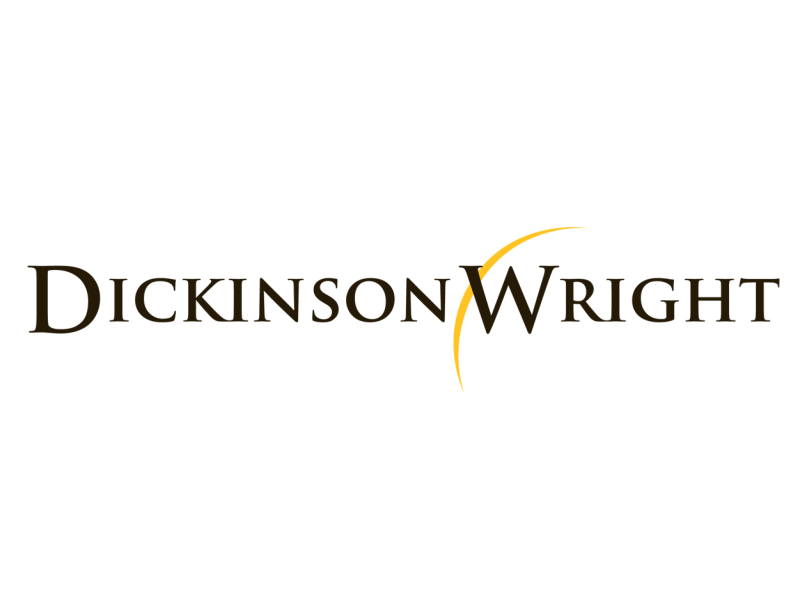 As the end of 2022 approaches, important changes are coming to the trademark prosecution process before the United States Patent and Trademark Office (“USPTO”). Trademark practitioners and applicants must be aware of the new deadline, effective December 3, 2022, and how it may impact trademark applications and prosecution strategies.
As the end of 2022 approaches, important changes are coming to the trademark prosecution process before the United States Patent and Trademark Office (“USPTO”). Trademark practitioners and applicants must be aware of the new deadline, effective December 3, 2022, and how it may impact trademark applications and prosecution strategies.
The new deadline shortens the deadline to respond to office actions issued on or after December 3, 2022, from six months to three months. However, USPTO will allow trademark applicants to extend the deadline for an additional three months if the applicant files for an extension prior to the expiration of the three-month deadline and pays a $125 extension fee.
This truncated response window applies to trademark applications filed under Trademark Act §§ 1(a) (use in commerce), 1(b) (intent-to-use), as well as foreign-based applications under §§ 44(d) and 44(e). Trademark applications filed under the Madrid Protocol, Trademark Act § 66(a), however, require additional processing time, and therefore the shortened response period will not apply.
This rule change will improve the efficiency of the trademark prosecution process. Hundreds of thousands of trademark applications remain unexamined in the USPTO’s growing backlog. Consequently, this has significantly extended the duration of the trademark examination process. Over the last few years, the average timeline for a U.S. trademark application to mature to registration has increased to 18 months. By shortening the response time, the USPTO seeks to comply with the Trademark Modernization Act of 2022, reduce the average time it takes for applicants to achieve a trademark registration, and provide more flexibility for applicants to request more time to respond to more complex office action refusals.
However, on the other hand, this departure from the typically 6-month response deadline gives applicants and practitioners half the traditional time to respond to office actions. As a result, trademark applicants and attorneys must be vigilant to adhere to the new response deadlines and adjust their trademark prosecution strategies accordingly. Failure to do so could result in unintentionally abandoning its trademark application and additional fees to extend response deadlines or revive abandoned applications.
Written by Caleb L. Green, Esq., Associate at Dickinson Wright
| MORE NEWS | | SHARE NEWS WITH OUR EDITOR |











